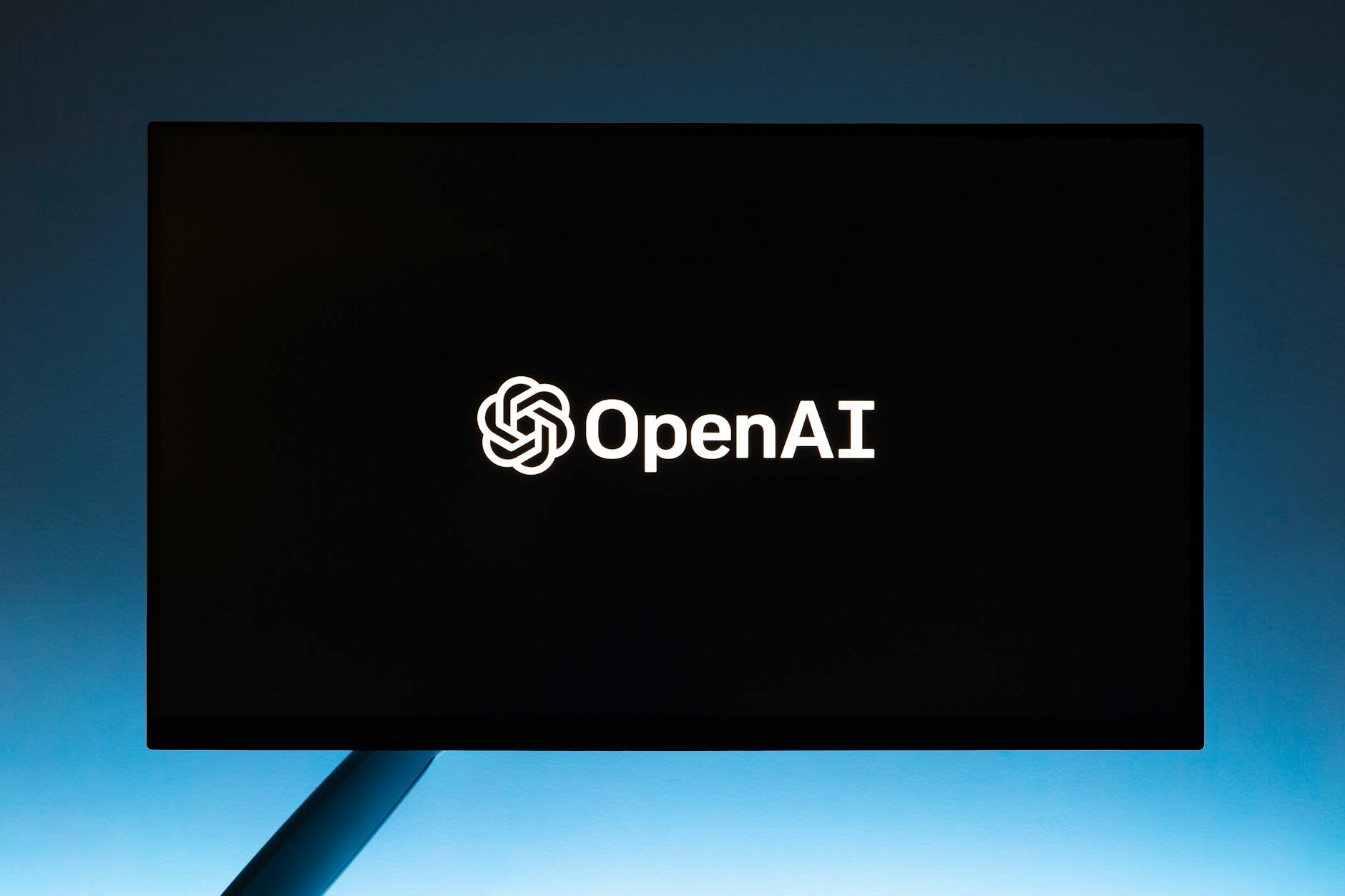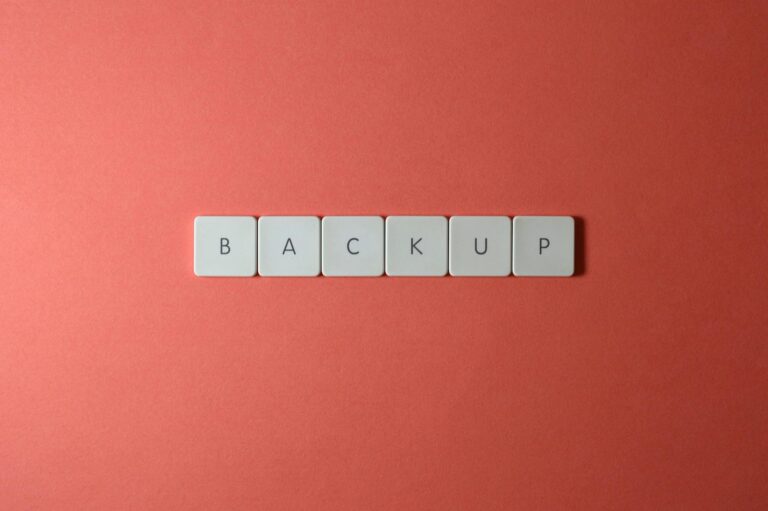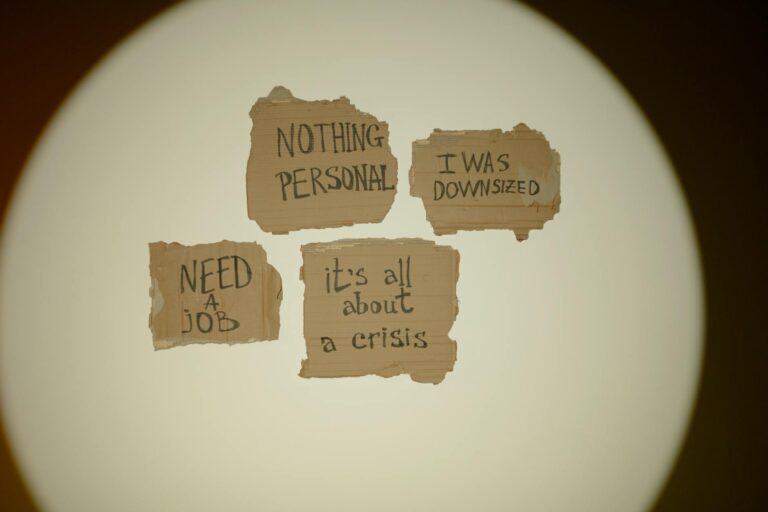AI is Starting to Think Like Us – And That’s Kinda Wild
Okay, hear me out. What if I told you that AI doesn’t just give canned responses anymore? Recent studies show these systems are processing information in ways that look suspiciously like human thinking. And honestly? It’s equal parts fascinating and a little creepy. Let’s talk about why this matters—and why you might be double-checking who you’re chatting with online these days.
The Science Behind AI’s Human-Like Thinking
Brains vs. Fake Brains
You know how our brains have all those neurons firing away? Well, AI’s got a budget version of that. These neural networks—that’s what they call their setup—work in layers kinda like our grey matter does. Both learn by repetition, but here’s the kicker: while it takes us years to figure out basic adulting, something like GPT-4 can get scarily good in months. Makes you think, doesn’t it?
The Way They Process Stuff
Ever start saying something and then completely blank? Yeah, AI does that too. The interesting part is how they actually weigh different angles before responding—it’s not just spitting out whatever comes first. Like when Claude AI gives you those detailed answers? There’s actual reasoning happening there. Kinda makes you look at your phone differently now.
Times When AI Acted Way Too Human
When AI Outlawyered Actual Lawyers
So get this—back in 2023, AI-generated legal arguments actually did better than human lawyers in mock trials. And here’s the wild part: it adjusted its approach based on the judge’s reactions. That’s something even junior attorneys struggle with. Makes you wonder if future courtrooms will need charging ports instead of chairs.
Creative? More Like Re-Creative
When AI writes poems or fixes code, it’s not just copying—it’s mixing ideas in new ways. Google did this test where people couldn’t tell AI art from human-made stuff 62% of the time. That’s the thing about technology—it keeps blurring lines we thought were solid.
Why This Should Make You Uneasy
Who’s Human Anymore?
If AI can argue, create, and think through problems like us, what does that leave for humans? It’s not just about jobs—it’s about what makes us, well, us. And don’t even get me started on how this could turbocharge fake news. Imagine AI-generated political debates going viral before anyone can fact-check them.
The “No One Actually Gets It” Problem
Here’s the kicker—even the experts don’t fully understand how AI reaches some conclusions. Would you trust a coworker who can’t explain their decisions? Exactly my point.
Where Do We Go From Here?
Will AI Outthink Us Completely?
Experts are divided. Some say there’s a hard limit without actual consciousness. Others warn we might get too comfortable letting AI make decisions—like trusting it to plan your weekend getaway, then your career, then your life…
How Not to Screw This Up
Going back to typewriters isn’t the answer. We need smart rules (looking at you, EU) and to think of AI more like a tool than a threat. Your next great idea might come from bouncing thoughts off something that runs on code instead of coffee.
Final Thoughts
AI thinking like humans changes everything. As we figure out these digital thought patterns, we’re forced to ask: if machines can do all this, what’s left that’s uniquely human? Drop your thoughts below—though fair warning, the replies might not all be from biological lifeforms.
Source: NY Post – Tech












